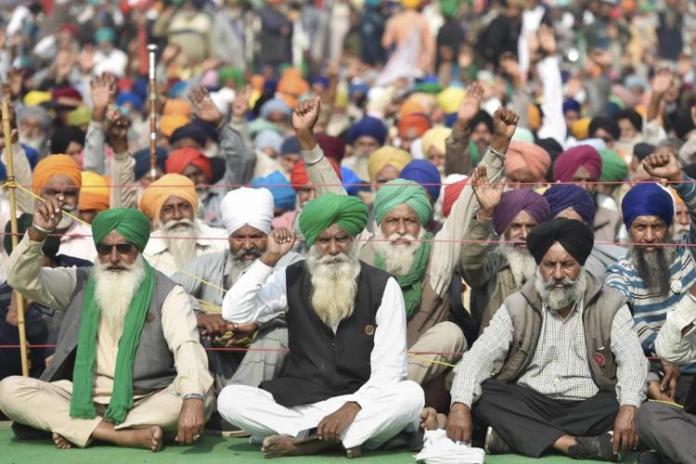India has raised the price it will pay to buy new-season wheat from local farmers by 2% to 2,015 rupees per 100 kg, the government said on Wednesday, in a move to placate protesting farmers and encourage them to step up planting.
India, the world’s second-biggest wheat consumer, sets a price each year to protect domestic farmers from distress sales and to cover emergency needs. It uses the grain to sell food to the poor at low prices.
The Cabinet Committee on Economic Affairs has approved the increase in the Minimum Support Prices for Rabi crops for Rabi Marketing Season 2022-23.
The MSP on lentil, rapeseeds and mustard have been hiked by 400 rupees per quintal each, gram by 130 rupees per quintal and safflower by 114 rupees per quintal.
On wheat, the MSP has been increased by 40 rupees to 2,015 rupees per quintal and barley by 35 rupees to 1635 rupees per quintal. The decision will ensure remunerative prices to the growers for their produce.
The hike is in line with the Union Budget 2018-19 announcement of fixing the MSPs at a level of at least 1.5 times of the all-India weighted average cost of production, aiming at a reasonably fair remuneration for the farmers.
Union Minister Dharmendra Pradhan has said that the Central government led by Prime Minister Narendra Modi is committed towards the progress of the farmers. Hailing the cabinet decision to hike in MSP for the Rabi marketing season 2022-2023, the Minister described it as a big gift for farmers raising crops like wheat, mustard and pulses.

